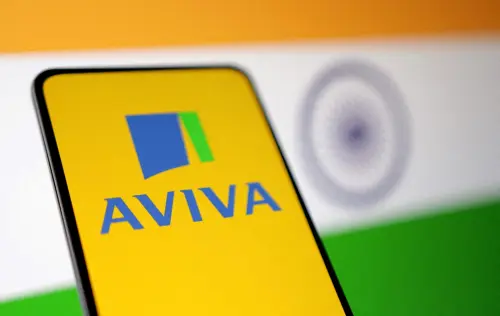Indian authorities have instructed Aviva's local unit to settle $7.5 million in back taxes and penalties following an investigation that revealed the creation of fake invoices to pay illegal commissions and incorrect tax credit claims. This tax demand holds significance for Aviva's India operations, as they reported a $10 million profit after tax in the 2023-24 fiscal year, amidst intense competition in India's insurance market. Allegations from Indian tax authorities suggest that between 2017 and 2023, Aviva India paid approximately $26 million to vendors supposedly for marketing services, which were actually conduits for agents to receive excessive commissions beyond legal boundaries. Utilizing a covert system of fabricated invoices and cash payments, Aviva purportedly avoided $5.2 million in taxes by claiming unsubstantiated tax credits. Following Aviva's defense, joint tax commissioner Aditya Singh Yadav decreed that the company evaded approximately 326 million rupees ($3.8 million) in taxes, to be paid with a 100% penalty, totaling 653 million rupees or $7.5 million. In response to the order, Aviva India stated it would challenge the ruling through an appeal, assuring that their operations would remain unaffected. Aviva's India business operates as a joint venture with Dabur Invest Corp., with Aviva holding a 74% stake since increasing it from 49% in 2022. Dabur did not provide a comment in response to inquiries. Aviva refuted any wrongdoing before the tax authority, asserting that the claims were baseless and unsustainable, and that the vendors were genuine and had indeed provided services. The tax investigation also revealed the use of "agent mentors" by Aviva to facilitate excess commissions through fake invoices, a practice reportedly endorsed by senior executives in India from 2017 to 2023.
World.Alpha-News.org ➤ The news of the world is here
Aviva's Indian Branch Faces $7.5 Million Fine for Fake Invoice Scheme
